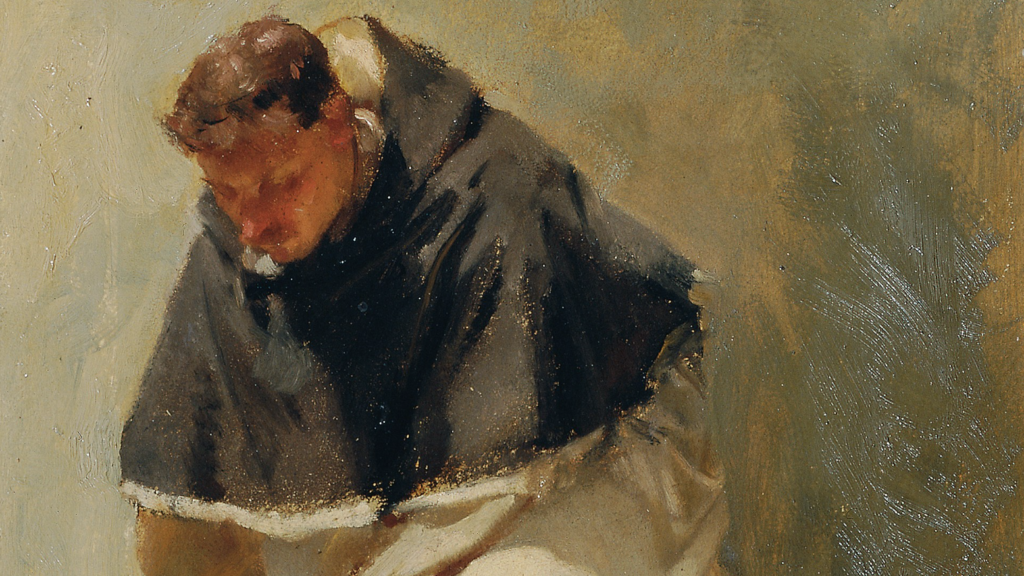Recently, the diary of a young North Korean soldier killed in Ukraine came to light. What attracted most commentary was the revelation that he and his unfortunate colleagues were being used, essentially, as bait for the deadly drones that hover over the battlefields of that beleaguered country. What I found even more desperately sad, however, was a more personal truth that was laid bare in the pages of that diary.
Explaining why he was committed to fighting in the Russia-Ukraine war, he said, “I put on the military uniform of the revolution for the sake of protecting the Supreme Commander,” and “I will unconditionally carry out the orders of the Supreme Commander Kim Jong Un, even if it costs me my life.” I want to be perfectly clear that I have nothing whatsoever against honest patriotism or passionate love of one’s own country, and I’m certainly not questioning this young soldier’s sincerity. But what I find tragic is the narrowing of his heart’s desire, for the young soldier expresses a loyalty, not so much to his country, as to “the leader.” And the leader in question, we know, is a petty, violent, and mean-spirited dictator. Again, I’m not casting blame on the soldier himself. He came of age in a dramatically closed society, and he had been propagandized from his youngest days that the supreme value was none other than Kim Jong Un. But to me it is just devastating to think that all his idealism, intelligence, energy, and emotion were ordered to such a pathetic end.
Now this is but an extreme case of a spiritual problem that is truly universal in scope. It is a basic conviction of the Bible that every human being, made in the image and likeness of God, possesses a heart that is oriented toward God, so that, as the Psalmist has it, “only in God will my soul be at rest.” To be sure, the fall has obscured and compromised that desire, but it remains, often inchoately, present and operative within each person. In some ways, the drama that defines every human life is the tension played out within the conflicted heart, when what is properly ordered to the supreme good devolves into being ordered to some lesser value. As St. Augustine put it with admirable economy of expression, we sinners have “substituted a creature for the Creator.”
So, we seek the deepest satisfaction in wealth, in power, in politics, in our human relationships, in our families, indeed in our countries. But these things are, at best, relative goods and not the supreme good, and hence in the measure that we place them at the center of our concern, we make of them idols, false gods, golden calves. The prophet Jeremiah understood this truth in his bones. In the seventeenth chapter of his book, he says, “Cursed is the man who trusts in human beings, who makes flesh his strength, whose heart turns away from the Lord. He is like a barren bush in the wasteland . . . that stands in lava beds in the wilderness, a land salty and uninhabited.” The heart that is directed to the superficial goods of the world is like a tree with shallow roots in the desert. On the other hand, the one whose heart is ordered to the Lord, Jeremiah insists, is like “a tree planted beside the waters that stretches out its roots to the stream . . . in the year of drought, it shows no distress, but still produces fruit.”
One might be tempted to say that these are elementary spiritual truths—and indeed they are—but they are forgotten all the time. Though the Bible and much of the literature of the world are filled with the reminder that nothing in the finite world satisfies the aching of the heart, nevertheless, every generation, it seems, comes to believe the lie. Though it has never worked before, we somehow convince ourselves that this time around, if we just get enough of the world’s goods, we will find joy. Sermons, exhortations, indeed articles like this one, can provide a service to some degree, but the most powerful argument against idolatry is the witness of a life. When we see someone who lives as though only God finally matters, we tend to get it. And this is one of the principal reasons the Church has, from the beginning, encouraged the consecrated life, by which I mean, a life marked by poverty, chastity, and obedience, a life that makes sense only if God exists. This is why it has held up St. Augustine, St. John Chrysostom, St. Antony of the Desert, St. Francis of Assisi, St. Clare, St. Teresa of Avila, St. John of the Cross, St. Ignatius of Loyola, St. Thérèse of Lisieux, St. Edith Stein, and so many others who have heroically embraced poverty, chastity, and obedience out of total dedication to Christ.
Next month in my diocese, I will celebrate a Mass specially for those in consecrated life. Part of the purpose of that Mass is to thank these good people for their dedication, but a deeper purpose is to shine a light on them so that the world can see them more clearly. They are like trees whose roots go deep, deep into the ground, reaching all the way to the waters that bubble up to eternal life. And there are so many, languishing in the sadness of various forms of idolatry, who need to see that such a life as theirs is possible.

